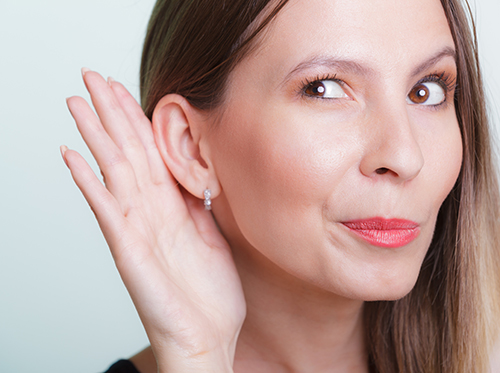Teeth, Bones—What’s the Difference?
March 27th, 2024

They’re often mentioned together, and that’s understandable. After all, they’re the strongest parts of the body, they’re made of many of the same elements, they both require a diet rich in vitamins and minerals to stay healthy, a pirate flag wouldn’t be the same without them–so, what makes teeth and bones different? Glad you asked!
It’s Elementary
Teeth and bones are so strong because of their mineral composition. They have the highest concentration of calcium and phosphorus in the body, and these minerals combine to create sturdy structures which support our bodies, protect our organs, and help break down and digest our food. And they work well together—healthy teeth maintain jawbone density, and healthy jaws hold our teeth firmly in place.
But there are important differences in the anatomy of teeth and bones as well. Bones contain living cells, blood vessels, and nerves. They grow larger as we grow. As we age, old bone tissue breaks down and is constantly replaced with new bone tissue. This process enables our bones to stay strong throughout our lives. And bones heal.
When you break a bone, your body begins working right away to protect and heal the damaged area. Blood cells help with clotting around the break. After a few days, collagen proteins work to replace the clotted cells and form a soft callus. Within weeks, calcium phosphate deposits strengthen the collagen framework. Over time, the bone hardens and reshapes.
And while tooth enamel is the hardest substance in our bodies—harder even than bone—it is not indestructible. Our enamel is basically composed of minerals rather than living tissue, so it can’t regenerate. The enamel covering our teeth doesn’t replace cells as they age, and it can’t create new tooth cells if a tooth is injured through damage or decay. This means that a cracked or broken tooth can’t knit itself together, and enamel lost to decay won’t grow back.
Dr. Sardzinski, Dr. Wilken, Dr. Stanley, Dr. Hanson and Dr. Heying can restore your smile with fillings, or crowns, or even implants if necessary, but preventing injury to your teeth is always best.
Protecting Teeth and Bones
You can make sure your teeth and bones are their safest and strongest by being proactive.
External bone injuries can be avoided with the use of proper safety equipment. Helmets, padding, work boots—if your work or play recommends protective gear, use it! Fortunately, there’s also protective gear for teeth.
- Helmets
Helmets not only protect against brain injury and concussion, they are often designed to protect the face, mouth, and jaw as well.
- Mouthguards
Mouthguards protect the teeth, lips, tongue, and jaw from damages caused by physical contact and falls. They’re available over-the-counter, or ask Dr. Sardzinski, Dr. Wilken, Dr. Stanley, Dr. Hanson and Dr. Heying to fabricate a custom guard for the most comfortable and secure fit. A custom guard is an excellent option for people with braces, bridgework, or other dental appliances.
- Night Guards
Grinding and clenching the teeth at night can lead to loose and cracked teeth, headaches, jaw pain, and other unhappy consequences. Protect your teeth from the damage caused by bruxism (tooth grinding) by wearing a night guard.
Finally, one big difference between tooth and bone design: bones are safely hidden away inside the body, while our teeth are exposed to harmful plaque, bacteria, sugars, and acidic foods every day. Give your teeth the preventive care they deserve with twice-daily brushing, flossing, and regular visits to our Hiawatha, IA office. After all, your beautiful, healthy smile was never designed to be hidden!




